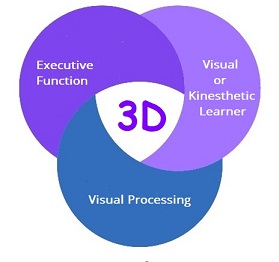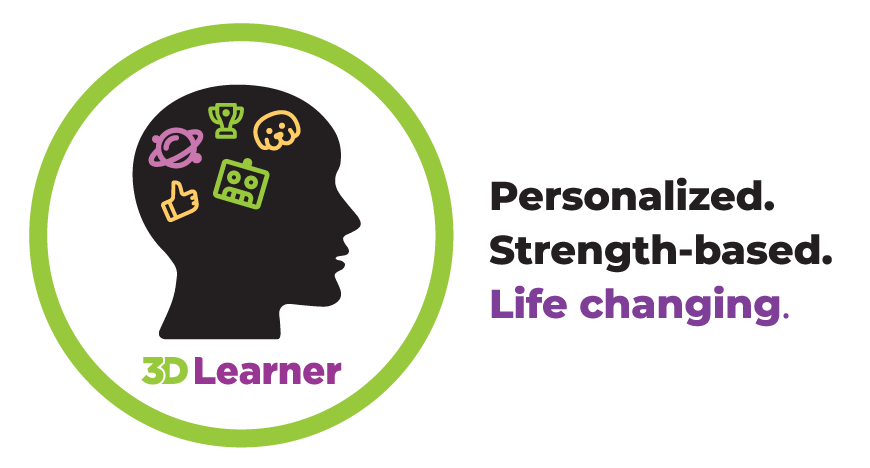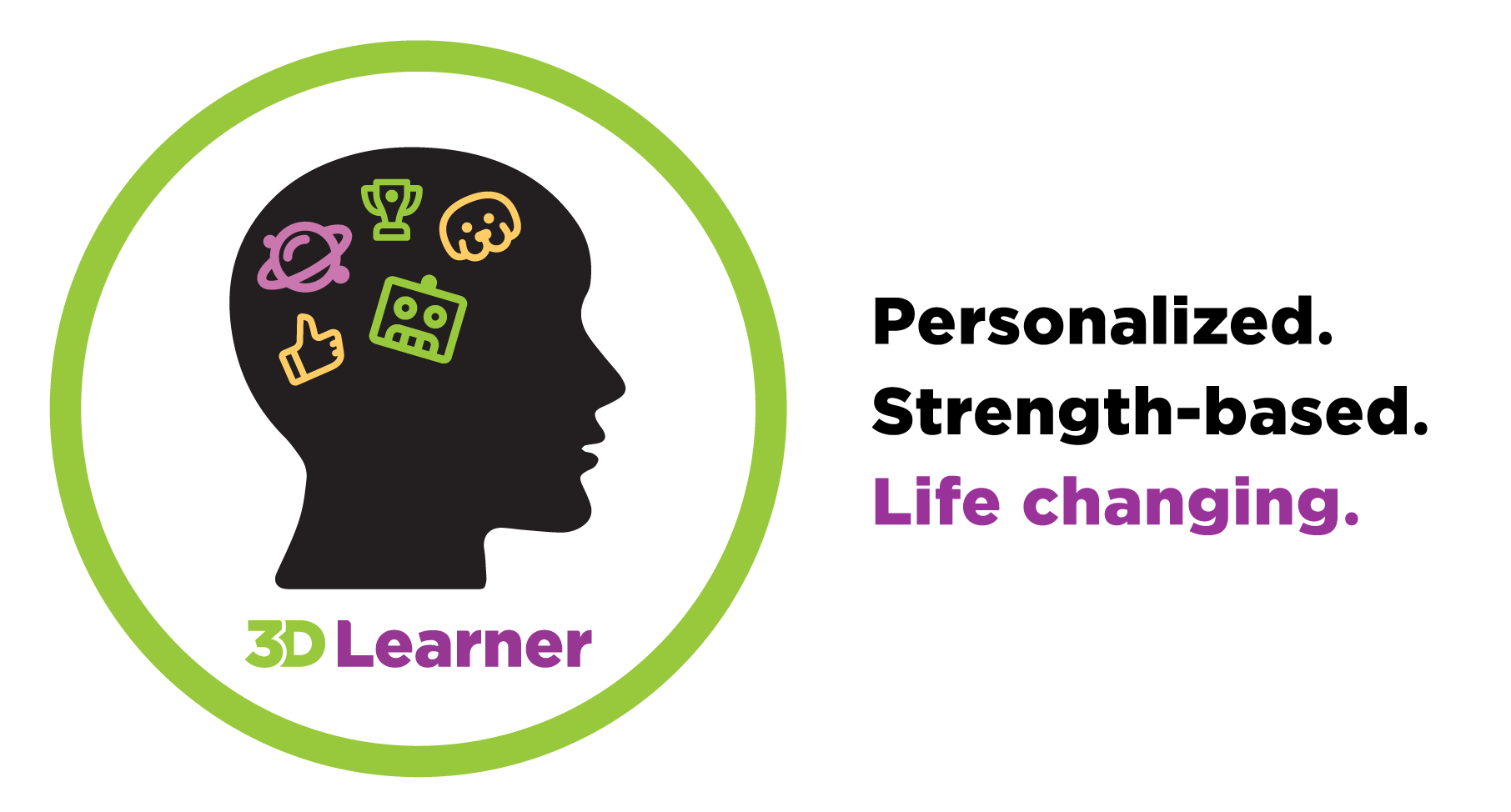For Your Kinesthetic Learner with Executive Function and/or Visual Processing Issues
How to Help Your Child Succeed
(Assessment Special at the Bottom of the Page)
Most students we see are a kinesthetic learner with some executive function issues. They often have visual processing issues. Frustration and anxiety appear to be impacting these students even more than others.
This blog post is focused on how you, as a parent can:
- Stabilize the situation now. We are seeing large numbers of kinesthetic learners with frustration and anxiety issue
- Get help from your child’s teacher to do the same
- Start the investigation process to consider what else needs to be done
- Do the same process with their school
- Take control of the process and look for a program that assesses and addresses the Whole Child — with a focus on your child’s strengths and challenges.
7 Key Points About the Kinesthetic Learner with Executive Function and/or Visual Processing issues
- The kinesthetic learner learns best when he or she sees and experiences information. Too many words often overwhelm them. Keep instructions visual and use a few words — focused on what you want them to do and why
- Working memory and/or processing issues are often challenges. Checklists and visual schedules really help. Psycho-education evaluations often identify these issues.
- Visual processing is a very common challenge for the kinesthetic learner. The kinesthetic learner often has better peripheral vision and their eyes are often scanning the environment. The kinesthetic learner often skips words and lines when reading and/or has problems copying off the board.

- Anxiety and frustration are often present. As parents, we recommend you:
-
- Stay calm. Nothing reduces stress and anxiety quicker than a calm parent
- Use checklists and visual schedules
At a quiet moment, ask your child:
-
- What are you enjoying about school
- What is causing you any stress or anxiety
- How can we help
Share the relevant information with their teacher
-
- Where your child is strong
- Where they tend to struggle
- What small changes might make big differences
- Ask them if they are seeing the same thing or something different
- Ask them if they have your child’s present level of performance on reading comprehension and math and if not, when might they have it. In Florida, public schools are required to complete their first round of assessments by September 30th. They are now required to share that with parents
We have an excellent system that reduces stress and anxiety called the Safe and Sound Protocol. This is normally a $300 investment. For those parents investing in our Comprehensive Assessment for your child by September 16th, we will be including the Safe and Sound Protocol at no extra cost
To start the conversation, either call us at 561-361-7495 or
click here to schedule a Conversation on How to Help Your Child Succeed
- Use the next few weeks to initiate action where needed and to investigate the following:
-
- Schools are often slow to assess a child for a learning disability, dyslexia or some other learning problem. If you think your child needs to be assessed, we encourage you to initiate the process ASAP. . Schools will often tell a parent, “We do things sequentially. We need to initiate either RTI or MTSS (Response to Intervention or Multi-Tiered System of Supports), before we assess. The Federal Government has issued guidance that RTI Cannot Be Used to Delay or Deny an Evaluation. If this is an issue, we recommend you visit our webpage www.3dlearner.com/rti-mtss where we provide a link to the letter from the Office of Special Education Programs and a sample letter you might share with their school.
- The single most important point for the kinesthetic learner with executive function and/or visual processing issues is that neither schools nor most programs identify or address the whole child. Specifically:
-
- Schools do not often assess a child’s learning style.
- Executive function issues are often identified, but rarely addressed
- Visual processing issues are often missed and rarely addressed
- Anxiety, attention and frustration are often left to the psychologist and/or the parent, when there are natural and effective ways to address them
- Parent coaching is rarely addressed, and it can be incredibly helpful
At 3D Learner, we recognize the need for:
- An assessment that focuses on the Whole Child
- Training that teaches the way a right brain, visual or kinesthetic learner learns
- Addressing the executive function issues as part of an integrated program
- Identifying and addressing the relevant issues
- A solution that will lead to significant gains within months
- Combining a program that offers
- Immediate benefits
- Provides an Assessment for Success
- Offers a program that can be tailored to your child’s needs
- Provides you with the tools and processes to be the parent your child needs
Comprehensive Assessment Special
For those parents investing in our Comprehensive Assessment before September 16th we are offering:
Our comprehensive assessment that includes:
- The Structure of Intellect Assessment ® that identifies:
-How your child learns best
– heir strengths and challenges
-Whether there appears to be a visual processing issue
-Your child’s present level of performance- The MindPrint Assessment ®
–An executive function assessment for students 8 and older
- For local students, in our office
-A Visagraph ® assessment that shows how your child’s eyes track when reading
–The Interactive Metronome ® that assesses for attention, impulsivity and neural timing
If you have a smart struggling child who might be a kinesthetic learner with executive function and/or visual processing issues, we suggest you
Start the conversation, by either calling us at 561-361-7495 or click here
to schedule a Conversation on How to Help Your Child Succeed




